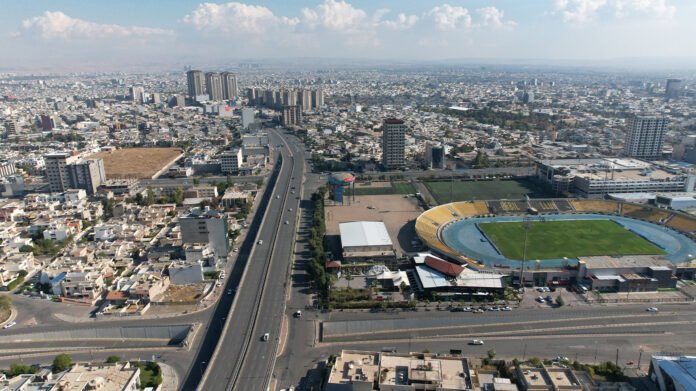The Kurdistan Regional Government (KRG) has launched a bold new plan under Kurdistan cuts poverty, aiming to lower its already impressive poverty rate. Currently, the Kurdistan Region reports an 8.6% poverty rate, a figure less than half of Iraq’s national average of 19.5%. This ambitious social protection strategy promises to reduce poverty even further and ensure that services remain available during times of crisis.
During a press conference in Erbil, Deputy Minister of Planning Sirwan Mohammed introduced the initiative. He highlighted how Kurdistan cuts poverty through a multi-ministry collaboration. The Ministry of Planning leads the project, working closely with the Ministry of Social Affairs, which directly benefits from the plan. Other involved institutions include the Ministries of Trade, Education, Interior, and Health, as well as the Department of Information Technology.
Mohammed emphasized that the strategy is built on reliable, up-to-date data. These insights come from the Ministry of Planning and other government bodies. He explained that the goal is to create equal work opportunities, strengthen the economy, and sustain growth within a clear strategic framework.
“The project’s foundation is development through accurate data,” Mohammed said. “We want every citizen to access equal chances in employment and growth.”
Despite the Kurdistan Region’s better poverty statistics, the government refuses to grow complacent. Mohammed made it clear that the goal is not just to maintain success but to build on it. He repeated the importance of ongoing efforts, stating, “We must continue our work. Kurdistan cuts poverty when we unite and persist.”
A vital element of the project focuses on resilience. Mohammed underscored the importance of maintaining social services during crises, such as economic downturns or emergencies. This preparation ensures that the population remains protected and supported even during difficult periods.
International support has strengthened the strategy. The European Union is providing essential financial assistance. In addition, several United Nations bodies—such as UNICEF, DFP, and UNCSHR—along with the World Bank, are lending their support.
Mohammed also pointed out that the current rollout is only the first stage. The full project includes multiple phases. As each phase unfolds, the KRG will expand services and reach more people across the region.
As Kurdistan leads by example in the fight against poverty, its strategic efforts prove effective. The combination of data-driven planning, international partnerships, and cross-ministerial collaboration shows how Kurdistan cuts poverty while striving for a more equal and stable future.

